Leaked Ecopetrol Data Exposes Widespread Oil Pollution in Colombia
Hundreds of contaminated sites, many near critical water sources and wildlife habitats, have been linked to Colombian oil giant Ecopetrol, according to leaked company data reviewed by the BBC.
A major leak of internal documents has revealed that Colombian state oil company Ecopetrol has polluted hundreds of sites across the country, including water sources, wetlands, and areas rich in biodiversity.
The data, obtained by the BBC from a former Ecopetrol employee, details over 800 environmental pollution cases between 1989 and 2018. Around 20% of those incidents were allegedly never reported to Colombian authorities.
Ecopetrol, which is 88% state-owned and listed on the New York Stock Exchange, denies wrongdoing and insists it follows Colombian environmental laws and global sustainability standards. It claims to have cleaned up most polluted sites and has mechanisms in place to manage and report oil spills.
Pollution Along the Magdalena River
The company’s main refinery is located in Barrancabermeja, stretching nearly 2km along the Magdalena River—a vital water source for millions. The BBC observed signs of contamination during a visit in June, including a visible oily film on the water and fish that reportedly smelled like crude oil when cooked.
Fishing communities near the refinery believe oil waste is impacting local ecosystems. Yuly Velásquez, president of the regional fishing federation Fedepesan, showed the BBC thick, oil-coated vegetation from the water and blamed refinery runoff.
“This is all grease and waste that comes directly from the Ecopetrol refinery,” she said.
The surrounding area is ecologically significant, home to endangered species like manatees, river turtles, and jaguars. Velásquez and others reported recent mass deaths of fish and other animals, though experts say multiple factors—including climate change—may be contributing.
Whistleblower: “Something Was Wrong”
Andrés Olarte, who joined Ecopetrol in 2017 as an adviser to the CEO, leaked the internal data. He says he quickly noticed discrepancies in how the company handled environmental damage.
“The data was awful,” he said. When he raised concerns, he says colleagues dismissed him, implying he didn’t understand how the job worked. He left in 2019 and shared records with a U.S.-based NGO and later the BBC.
A database from January 2019 lists 839 “unresolved environmental impacts”—areas where oil remains in soil or water. Some of these sites had been contaminated for more than a decade. Around a fifth were marked as “only known to Ecopetrol,” which Olarte claims indicates intentional concealment from authorities.
The BBC verified the data and visited one of the hidden sites from 2017. As of 2024, it still showed signs of contamination.
Ecopetrol’s then-CEO, Felipe Bayón, denied there was any policy to withhold information and insisted many oil spills were due to sabotage by armed groups. However, internal data suggests sabotage accounts for only 6% of listed spills.
Ongoing Oil Spills and Government Oversight
Separate figures from Colombia’s environmental regulator (ANLA) show that Ecopetrol has reported hundreds of spills per year since 2020—many in the Barrancabermeja region.
Ecopetrol acknowledges the existence of 839 pollution records but disputes that all were unresolved. The company says it has since cleaned up 95% of unresolved sites identified after 2018 and that all pollution events are subject to regulatory review.
Despite this, environmental defenders remain skeptical. Velásquez says pollution has devastated local wildlife and fisheries. “We’ve seen a massacre of fauna,” she told the BBC. “Manatees, capybaras, caimans, fish… all dying.”
Threats and Intimidation
Both Olarte and Velásquez say they’ve faced death threats after speaking out. Olarte fled to Germany following anonymous phone threats and threatening notes. Velásquez has also been targeted—armed attackers fired at her home, and the word "leave" was spray-painted on her wall. She now lives under government protection.
Colombia remains the most dangerous country in the world for environmental defenders, according to NGO Global Witness, which reported 79 such killings in 2023 alone.
While there is no evidence linking Ecopetrol directly to threats, concerns have been raised about the company’s extensive use of private security firms—some of which are known to employ ex-paramilitaries. In 2018, Ecopetrol reportedly spent $65 million on contracts with over 2,800 such companies.
Oil analyst Matthew Smith told the BBC there’s a risk of overlap between the private security sector and criminal networks, which could contribute to intimidation of activists.
The Battle Continues
Ecopetrol insists it performs due diligence on all contractors and does not maintain ties with illegal groups. Former CEO Bayón emphasized the company’s social and economic value to Colombia, especially in providing energy access to rural communities.
But Velásquez, undeterred by threats, says she will continue her fight.
“If we don’t go fishing, we don’t eat,” she said. “If we report pollution, we risk being killed. But if we stay silent, we’re killing ourselves and our environment.



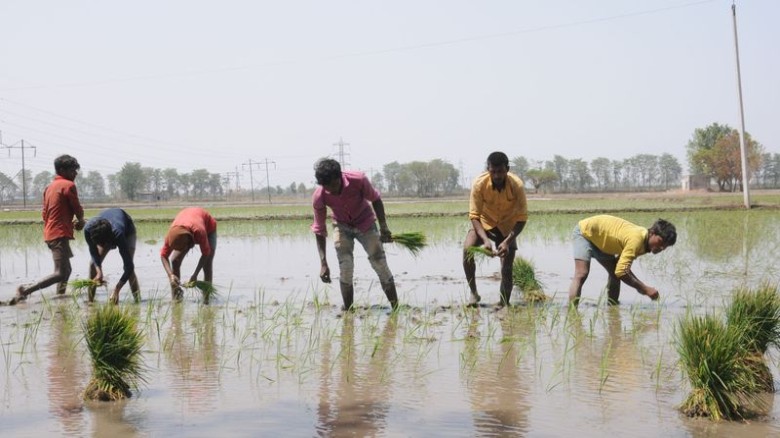


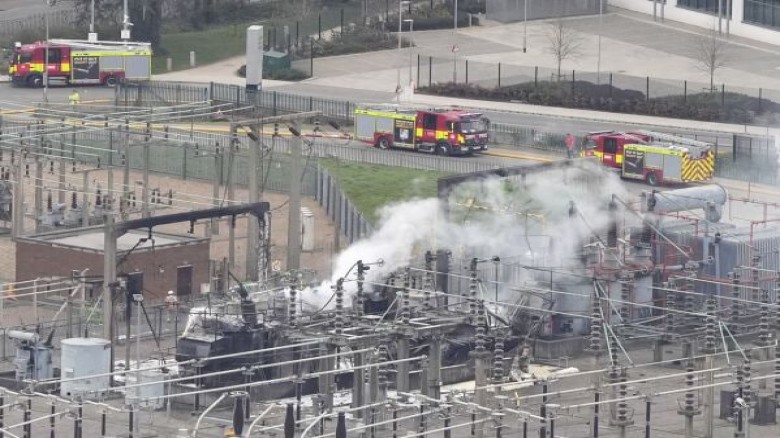














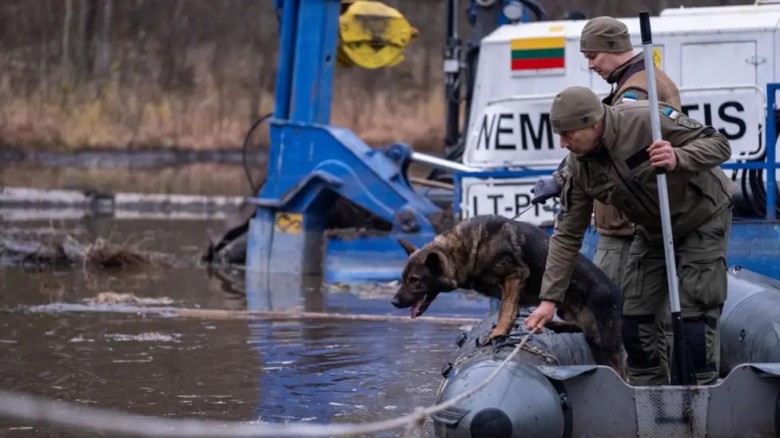

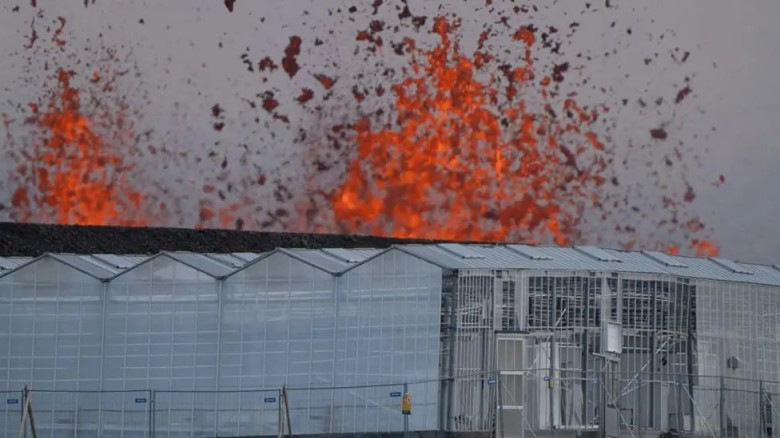
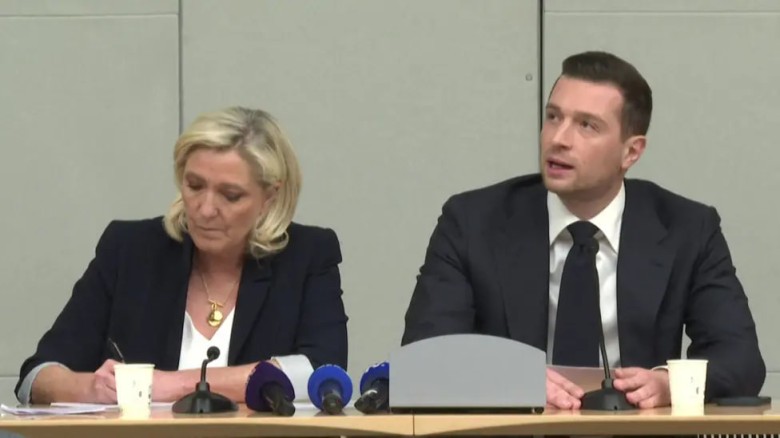
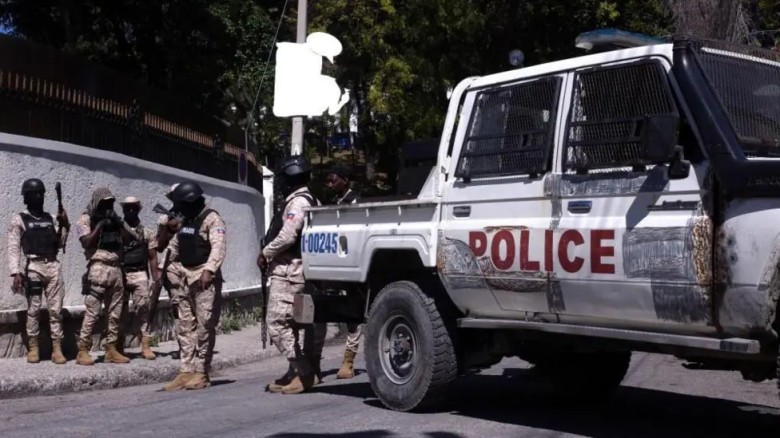
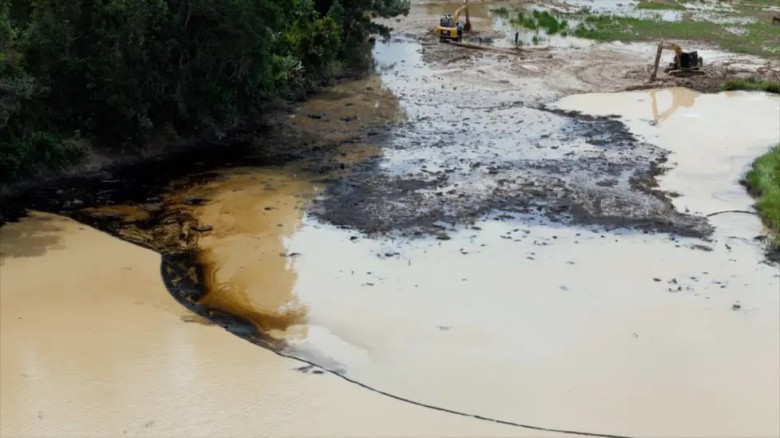
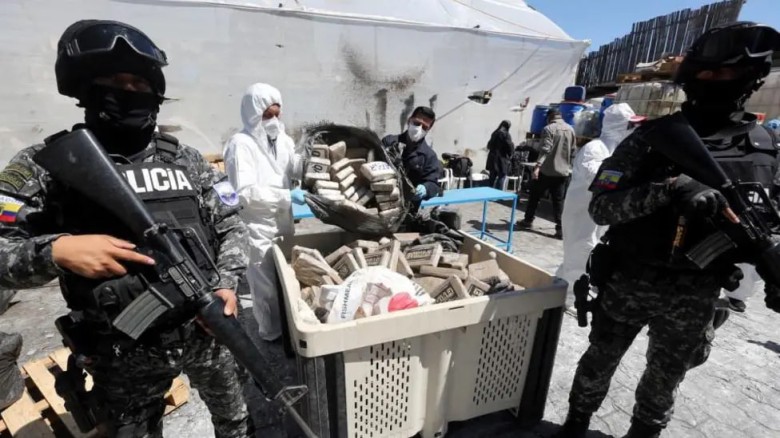







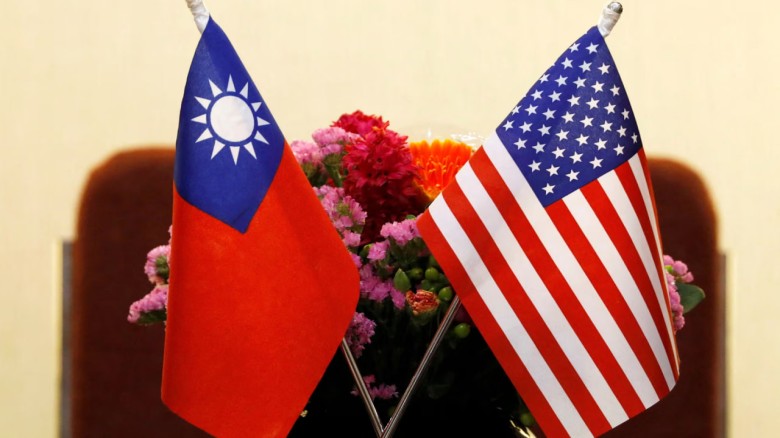



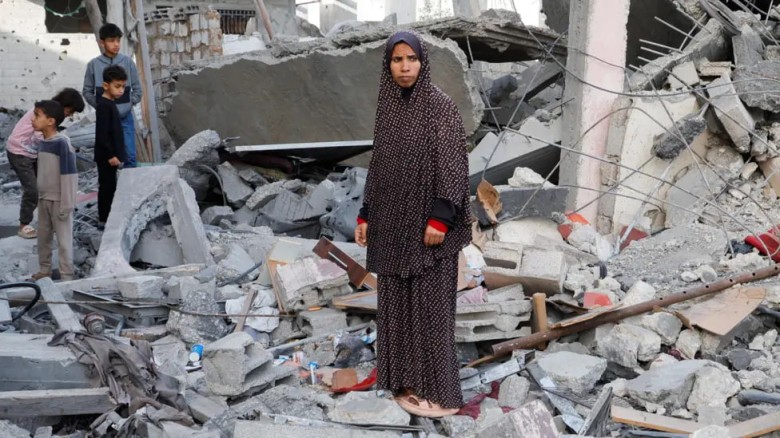
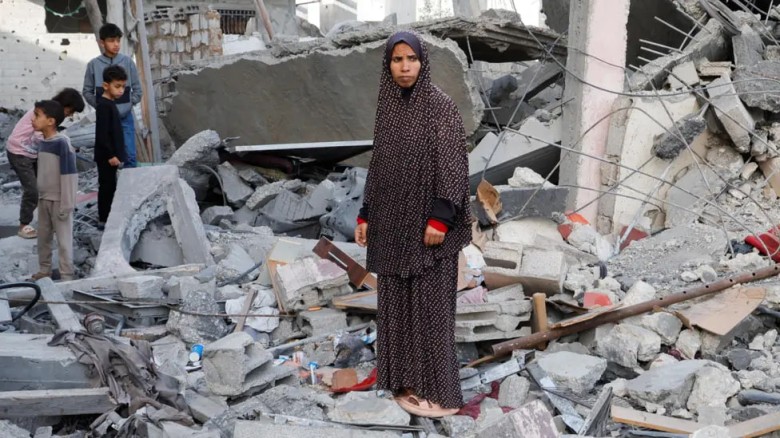








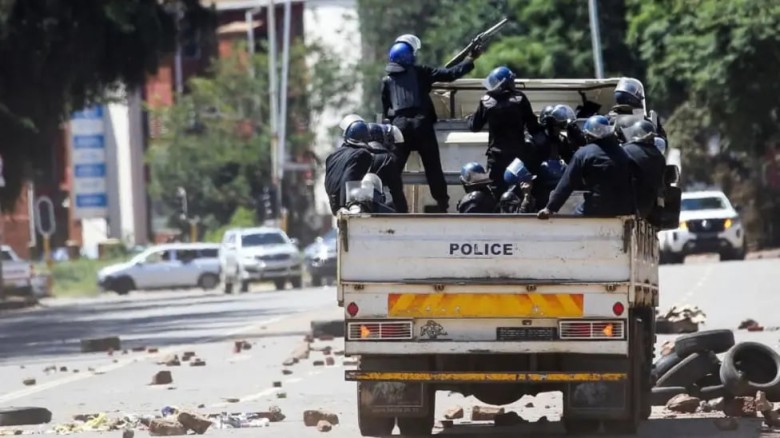



















Leave A Comment